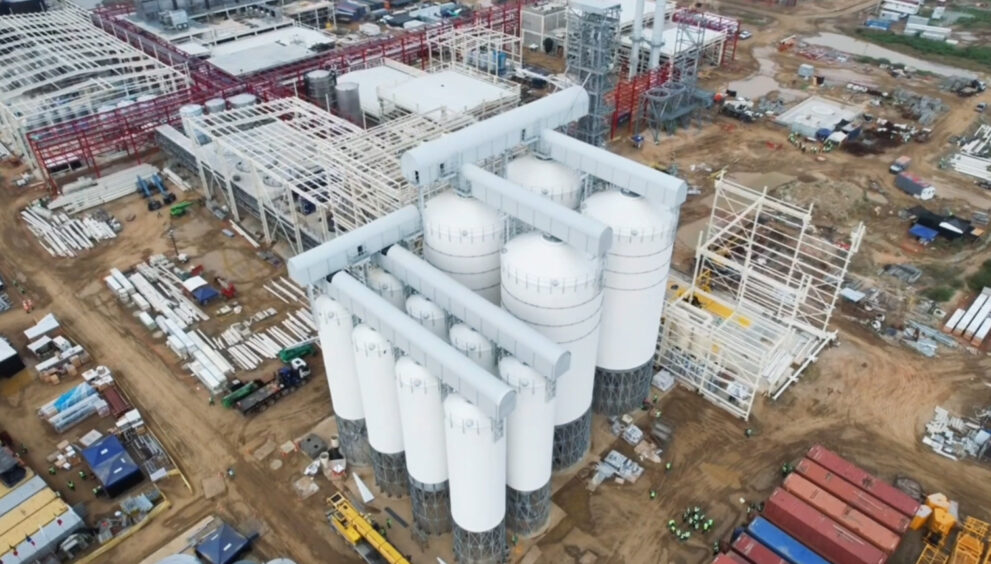A brewing trade war between the US and China, marked by escalating tariffs, is sending ripples through global markets, leaving South Africa poised to potentially capitalize on the fallout. The recent 10% tariff hike by the US, bringing the cumulative total to 20% in just a month, has triggered swift retaliation from China, with tariffs imposed on a range of agricultural products.
China’s response includes tariffs of 10% on key commodities like sorghum, soybeans, pork, and beef, and 15% on poultry, wheat, maize, and cotton. The Chinese government has also taken direct action against US soybean producers and halted imports of US logs, citing pest concerns.
While the long-term effects on South Africa remain to be seen, experts suggest that the trade dispute could create both challenges and opportunities. Wandile Sihlobo, a prominent agricultural economist, indicates that China’s position as a major commodity buyer means that increased tariffs could impact international prices, particularly for pork, soybeans, and maize. This could force the US to seek alternative markets, potentially influencing global supply and demand.
However, Sihlobo also points to potential export opportunities for South Africa, should the trade war persist. “If it’s not short-lived, this could open doors for South African producers to supply the Chinese market,” he suggests. He also notes the volatile nature of international politics, implying that a rapid resolution could quickly shift the landscape.
Tracy Louw, an agricultural market analyst, highlights that the current trade tensions build upon shifts that occurred during the 2018/19 tariff disputes, which led to reduced trade dependence between the two economic giants. Despite this, the US remains a significant supplier of certain agricultural products to China, particularly pork, which could offer an opening for South African exporters.
“It’s difficult to predict the precise impact on South Africa,” Louw cautions. “Shortfalls may create new export opportunities, but it’s uncertain whether we can fully capitalize on them.” She also raises concerns about potential pressure on South Africa to lower its own import tariffs, particularly on pork, which could affect negotiations under the African Growth and Opportunity Act (AGOA).
The economic climate in the US is also a factor. Louw notes that the US economy has faced pressure since the beginning of the year, and the tariff dispute is likely to exacerbate these challenges. This is reflected in recent retail and employment data, as well as the strengthening of the rand against the dollar.
“The strengthening of the rand against the dollar over the next two to four months may provide some relief on the input cost side, as many of our inputs are dollar-based,” Louw explains.
In essence, the US-China trade war presents a complex scenario for South Africa. While the potential for increased export opportunities exists, the country must also navigate potential market disruptions and the broader implications for its own trade relationships. The coming months will be crucial in determining how South Africa can leverage this evolving global landscape.




